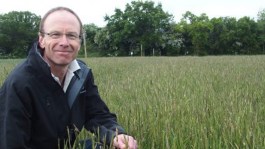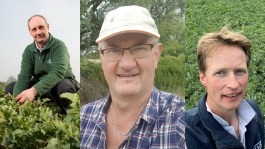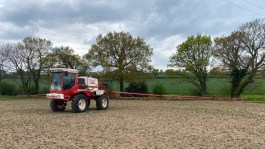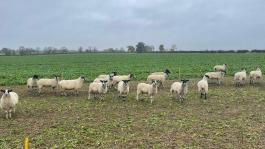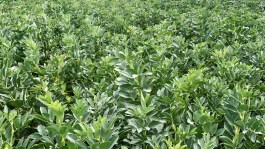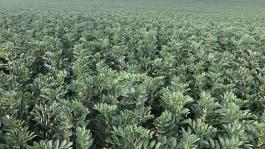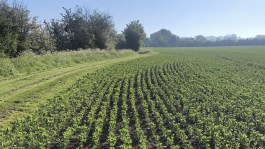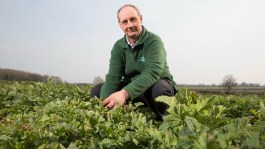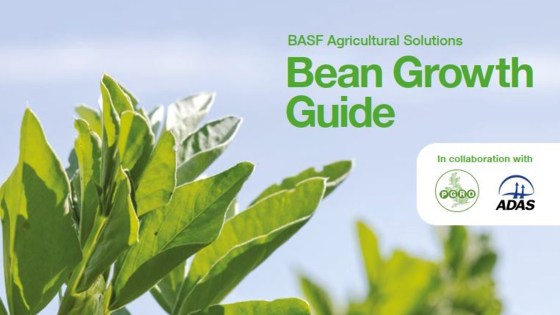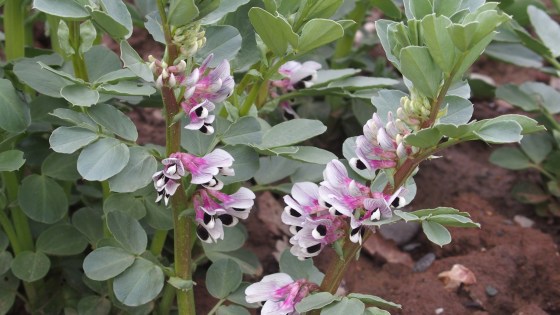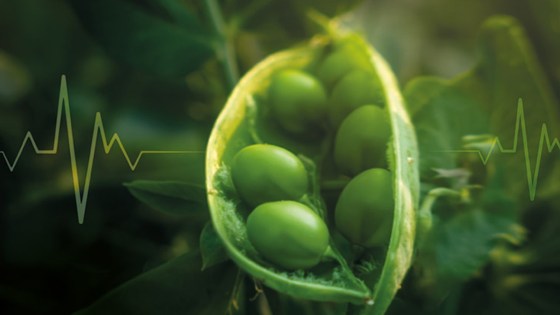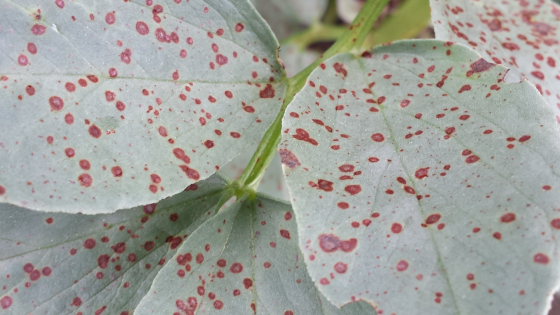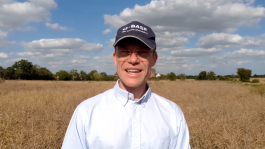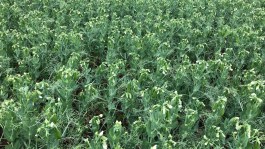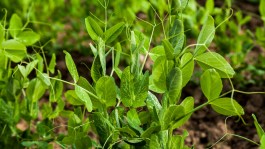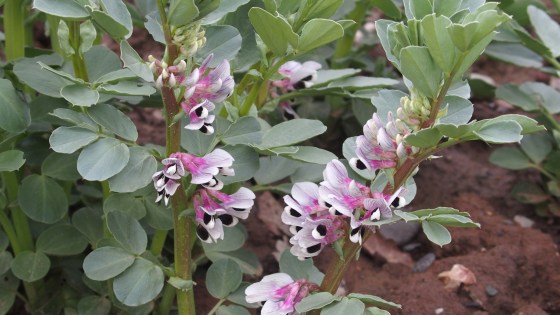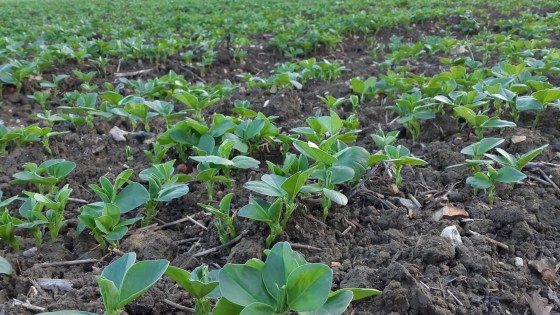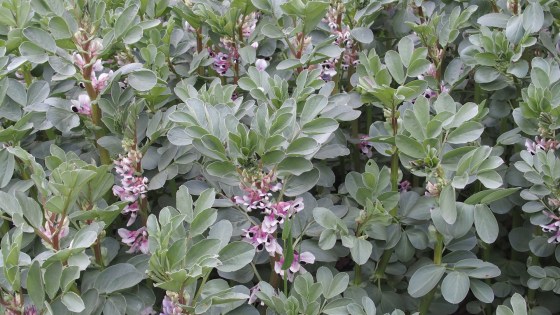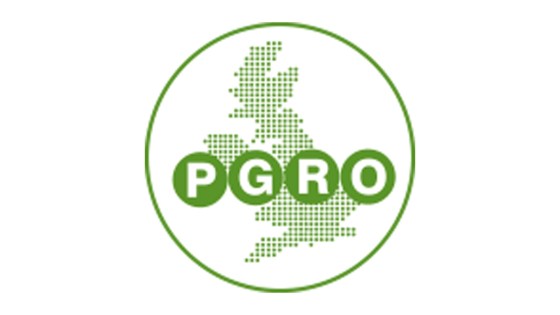Pushing Pulse Yields Together
We are on a mission to increase the national yields of field beans and combining peas.
Together with growers, industry experts and agronomists, we plan to uncover key aspects of high yielding, profitable pulse crops and to help further unlock some of their untapped yield potential.
Sharing why and how farmers grow peas and beans, best practice advice, and fresh insight, we aim to develop a new knowledge hub for those wanting to get the most from their pulse crops.
Pulse Check
Each month we’ll be checking in with pulse growers up and down the country to find out why they grow peas and beans, how they get he best from them and how their pulse crops are looking this season.
PGRO’s top tips on getting the most out of pulse crops
Earlier this season, we were delighted to be joined by Dr Becky Howard and Dr Lea Herold in a series of a webinars on how to get the most out of field beans and combining peas. The webinar recordings can be found below, along with a written synopsis of the key points.
Pulses News
Explore the latest Pulses Real Results news & updates here
Modal Tealium title
Modal Tealium text

